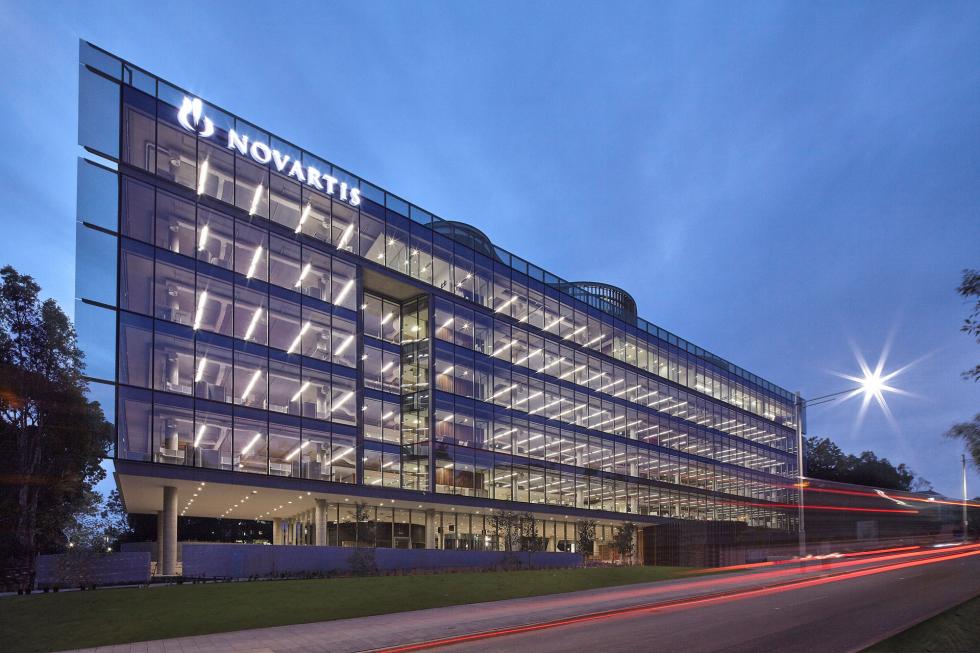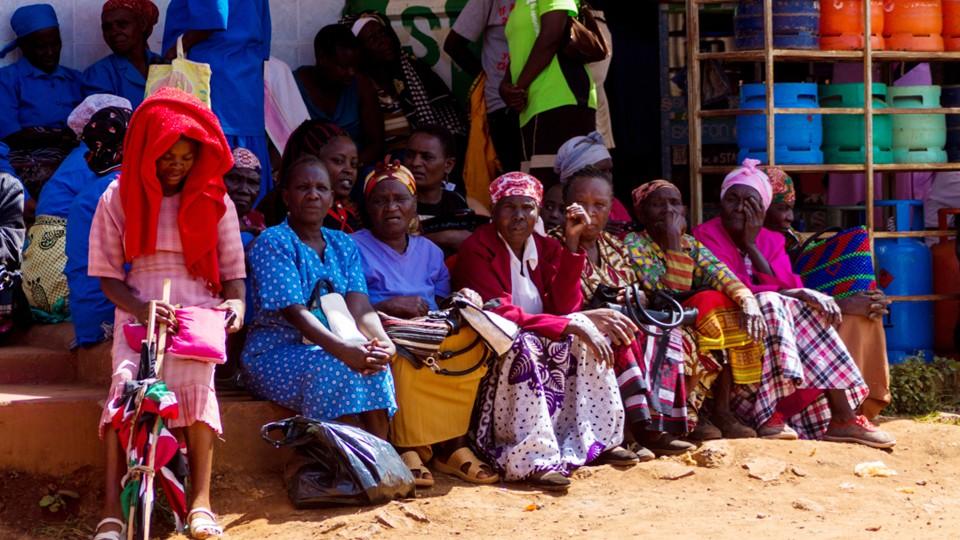Novartis aims to broaden use of breast cancer drug

Novartis is looking for an expanded combination therapy label for its Kisqali after a trial showed it halts progression of an aggressive kind of breast cancer in younger women for longer than standard drugs.
The Swiss pharma said it plans to approach regulators with results of the MONALEESA-7 phase 3 trial in order to broaden the use of Kisqali (ribociclib).
This could help it steal a march over Pfizer and Eli Lilly, who have rival treatments in the therapy area.
MONALEESA-7 investigated efficacy and safety of Kisqali in combination with tamoxifen or non-steroidal aromatase inhibitor plus goserelin in premenopausal or perimenopausal women with hormone-receptor positive, human epidermal growth factor receptor-2 negative (HR+HER2-) advanced breast cancer.
It compared the combination with standard therapy - tamoxifen or an aromatase inhibitor plus goserelin and placebo - in women before or around the menopause with HR+/HER2- advanced breast cancer who had not previously received endocrine therapy for advanced disease.
Novartis's drug is in a battle with Pfizer’s Ibrance (palbociclib), which was the first CDK4/6 drug to market and has been a huge success. Eli Lilly also got its CDK4/6 drug Verzenio (abemaciclib) approved in HR+/HER2- breast cancer by US regulators in September.
Results showed Kisqali in combination with tamoxifen or an aromatase inhibitor plus goserelin demonstrated a median progression-free survival of 23.8 months compared to 13.0 months for tamoxifen or an aromatase inhibitor plus goserelin and placebo.
Premenopausal women treated with Kisqali saw a response as early as eight weeks, as demonstrated by separation of the survival curves compared with the standard therapy.
Premenopausal women taking Kisqali benefited for a longer time until health-related quality of life deterioration compared to those taking endocrine therapy alone. Women taking Kisqali also had a clinically meaningful improvement in pain symptoms as early as eight weeks and this improvement was sustained.
There were no new safety signals and adverse events were consistent with those in the previous MONALEESA-2 study.
[caption id="attachment_34914" align="alignnone" width="138"] Dr Debu Tripathy[/caption]
Dr Debu Tripathy[/caption]
Dr Debu Tripathy, chair of Breast Medical Oncology, The University of Texas MD Anderson Cancer Center , said: “The strength of the MONALEESA-7 data is impressive and will give oncologists an important option if ribociclib is approved as treatment for this patient population as well as greater flexibility in the choice of endocrine therapy given with this agent.”
"Women who are premenopausal at the time of their breast cancer diagnosis tend to have more aggressive disease with poorer prognosis along with unique needs and experiences, so it is critical we determine which treatments will be most effective while also well tolerated."












